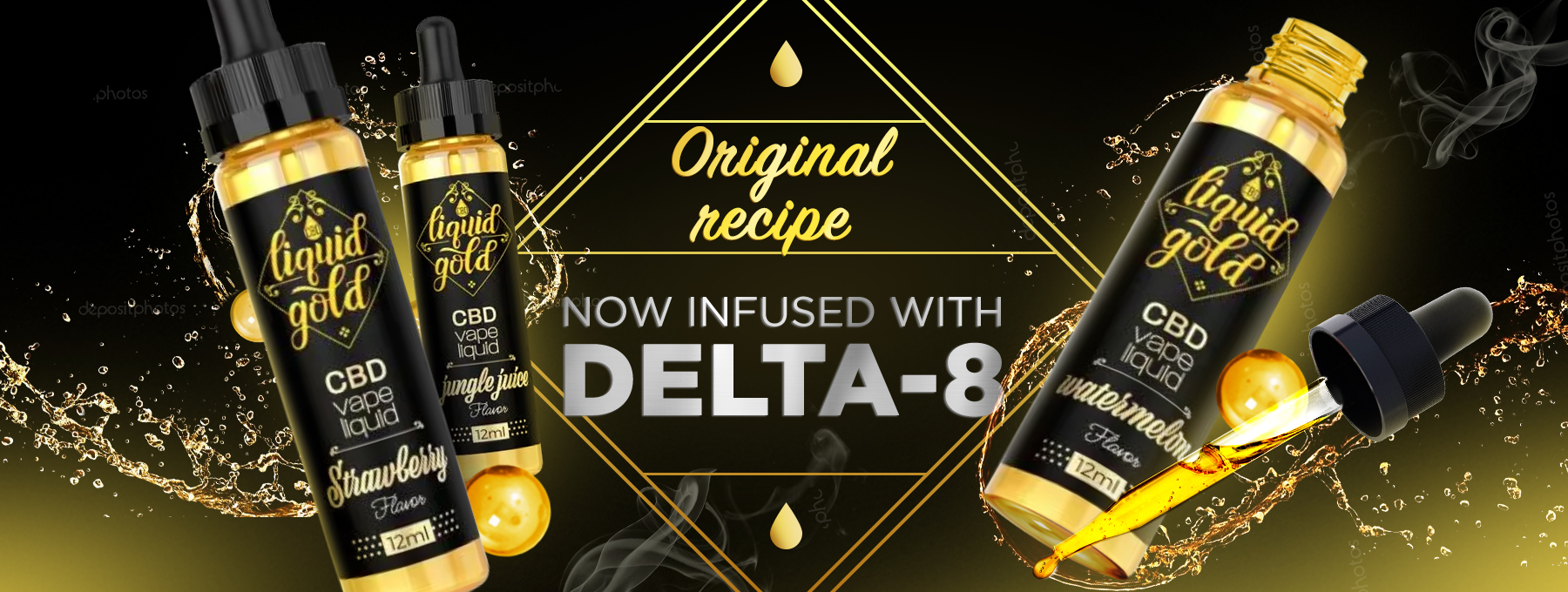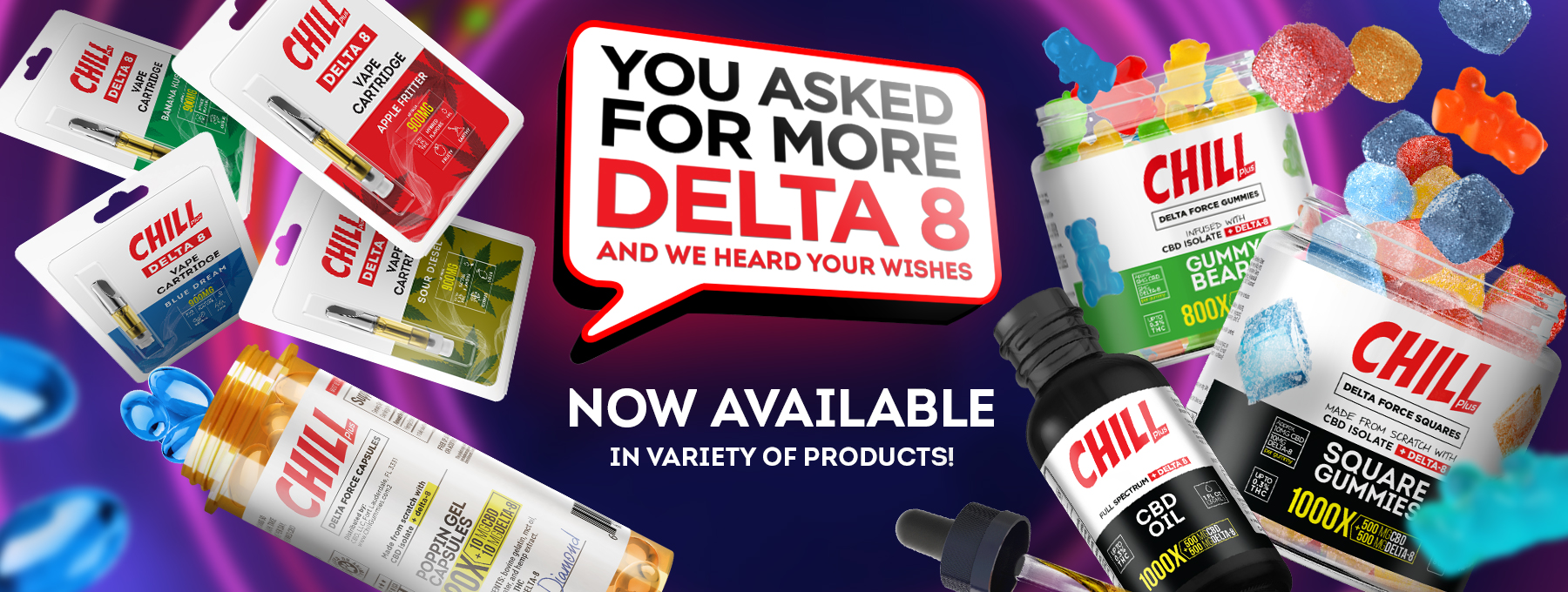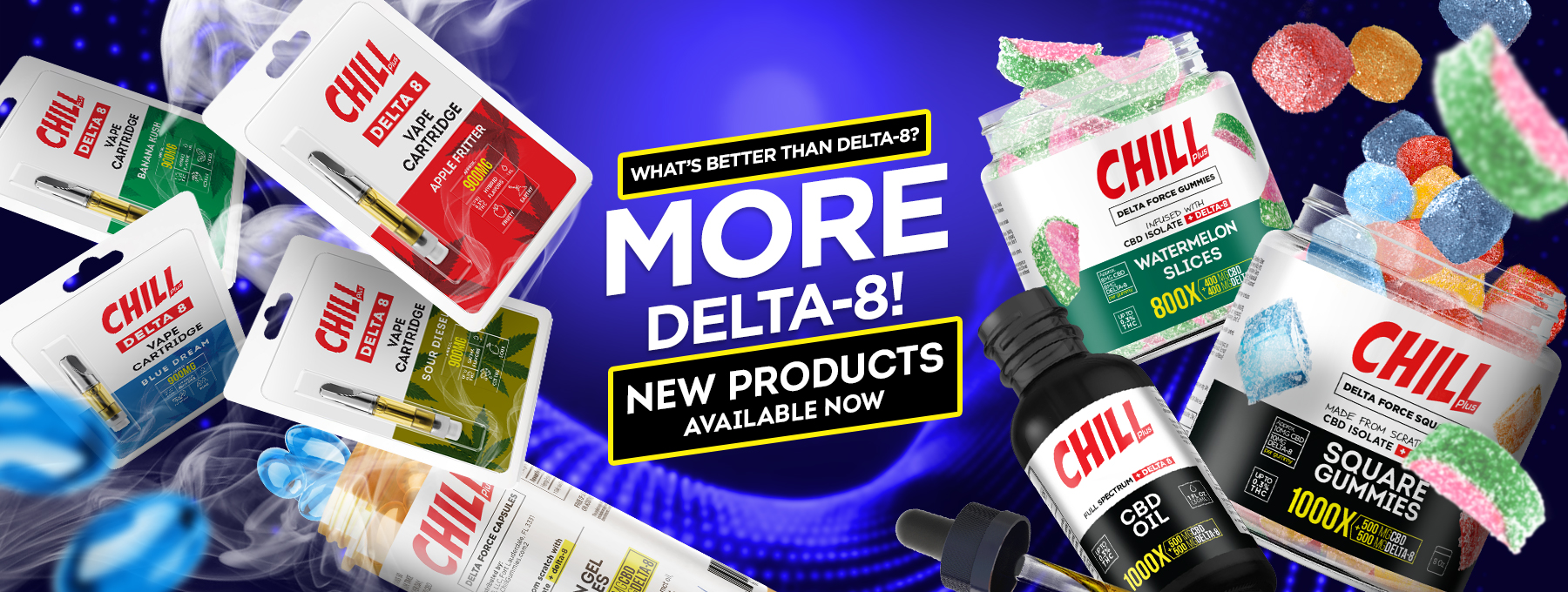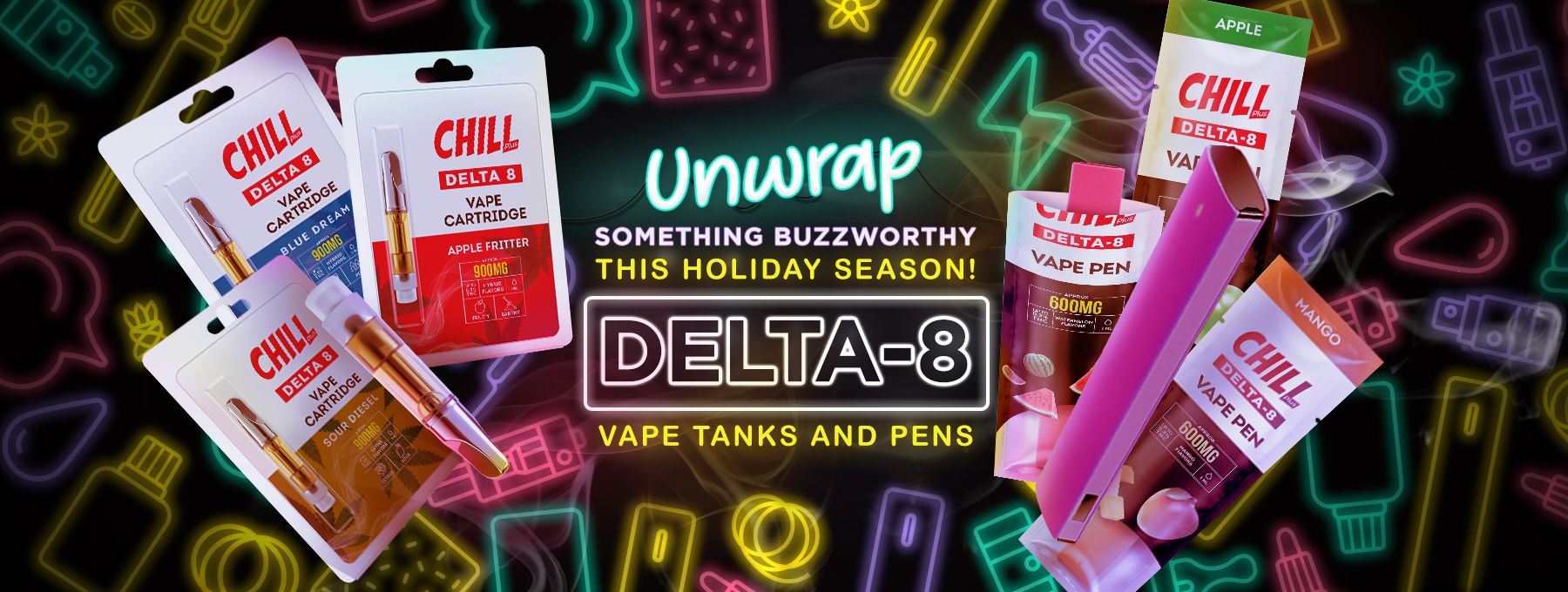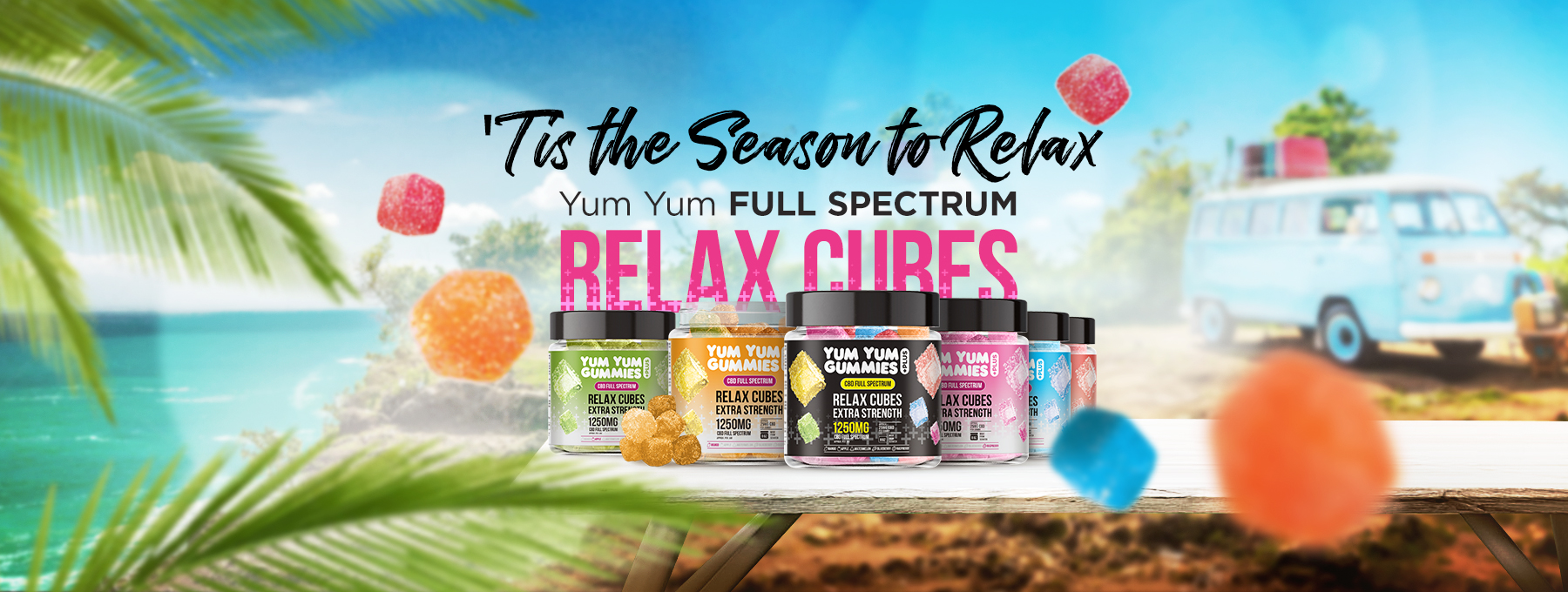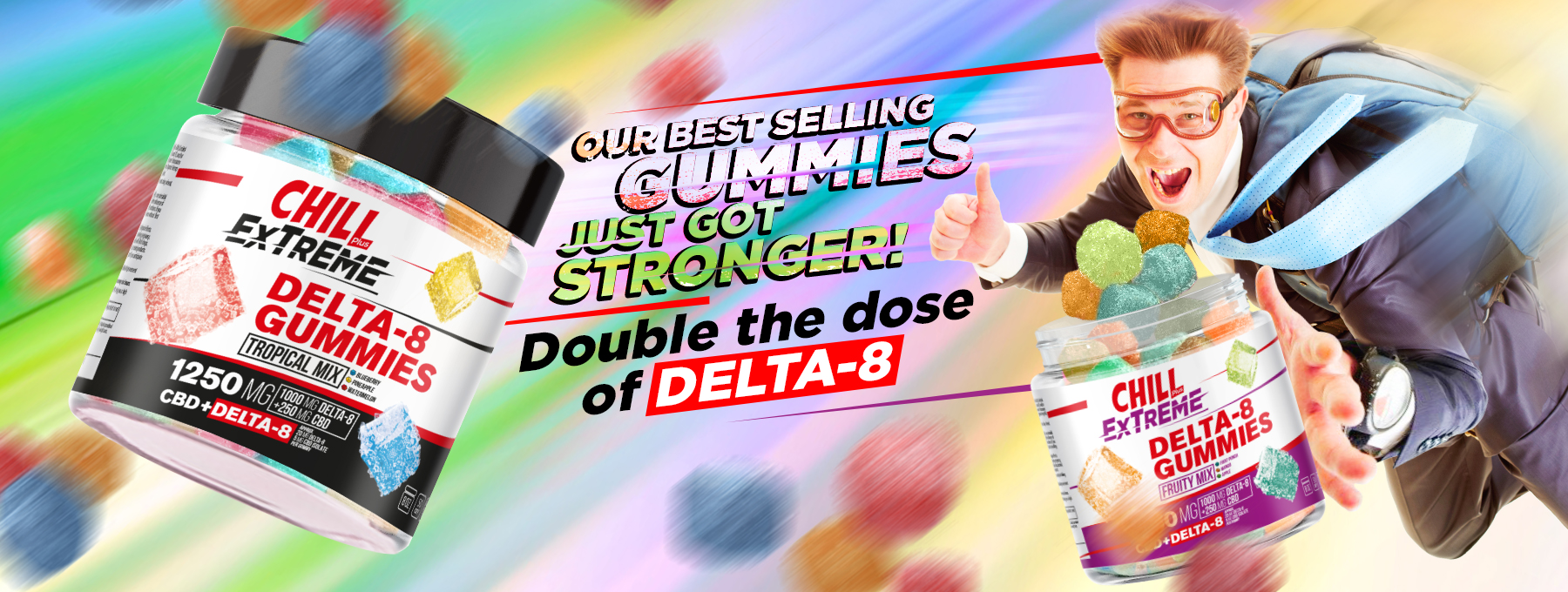#1 Hemp as an Eco-Friendly Superfood
Hemp, a versatile and eco-friendly plant, is not only valued for its industrial applications but also for its surprising potential as a superfood. While hemp has been cultivated for thousands of years for various purposes, its recent resurgence as a nutritional powerhouse has caught the attention of health-conscious individuals worldwide. In this section, we will explore the remarkable nutritional profile of hemp and its health benefits, making it an excellent addition to a sustainable and wholesome diet.
Rich in Essential Nutrients and Amino Acids
Hemp seeds are a treasure trove of essential nutrients, making them one of the most nutrient-dense foods available. They are rich in protein, containing all nine essential amino acids that our bodies cannot produce on their own. This makes hemp seeds a complete protein source, making them especially beneficial for vegetarians and vegans seeking plant-based protein alternatives.
In addition to protein, hemp seeds are packed with healthy fats, including omega-3 and omega-6 fatty acids, in an ideal ratio that promotes heart health and reduces inflammation. These fatty acids play a crucial role in maintaining brain function, supporting the immune system, and promoting overall well-being.
Health Benefits and Potential Uses in Various Dishes
Incorporating hemp seeds into your daily diet can provide numerous health benefits. Their high protein content helps with muscle repair and growth, making them an excellent post-workout snack or addition to fitness-oriented meals. The omega fatty acids in hemp seeds support cardiovascular health by reducing cholesterol levels and improving blood circulation.
Moreover, the abundance of vitamins and minerals, such as vitamin E, magnesium, zinc, and phosphorus, contributes to a robust immune system and healthy bone density. Hemp seeds are also a good source of dietary fiber, aiding in digestion and promoting gut health.
The versatility of hemp seeds allows for creative and delicious culinary applications. You can sprinkle them on salads, mix them into smoothies, blend them into nut butter, or use them as a topping for yogurt or oatmeal. They can also be ground into flour for baking or added to homemade energy bars for an extra nutritional boost.
Nutritional Content and Benefits for Athletes and Vegans
Hemp protein is gaining popularity as a sustainable alternative to conventional protein sources like soy or whey. Made from hemp seeds, hemp protein powder is not only rich in protein but also contains other essential nutrients. It offers a high concentration of amino acids, including arginine and glutamine, which support muscle growth, repair, and recovery.
Unlike many other plant-based protein sources, hemp protein is easily digestible, reducing the risk of digestive discomfort often associated with certain protein supplements. This makes it an excellent choice for individuals with sensitive stomachs or those who struggle with dairy or soy intolerance.
Incorporating Hemp Protein into Smoothies and Recipes
One of the most convenient ways to include hemp protein into your diet is by adding it to smoothies or shakes. Combining hemp protein with fruits, vegetables, and other plant-based ingredients can create a delicious and nutritious drink that serves as a complete meal replacement or post-workout recovery option.
Hemp protein powder can also be used in baking recipes to boost the protein content of baked goods like cookies, muffins, and energy bars. Additionally, you can mix hemp protein with water or plant-based milk to create a quick and easy protein shake for a convenient on-the-go snack.
#2 Hemp in Sustainable Textiles
Hemp Fiber: Strong, Durable, and Breathable
Hemp’s natural fibers are known for their strength, durability, and breathability, making them an ideal choice for sustainable textiles. The process of obtaining hemp fibers involves minimal chemical processing, making it more environmentally friendly compared to conventional cotton, which often requires extensive pesticide use.
Using hemp in clothing and textiles offers several advantages. Hemp fabric is naturally resistant to mold, mildew, and UV rays, making it a longer-lasting option for clothing and home textiles. Additionally, its breathability and moisture-wicking properties make hemp clothing comfortable and suitable for various climates.
Hemp in Fashion and Beyond
Beyond traditional textiles, hemp has been making a splash in the fashion industry with innovative and trendy designs. Hemp-based clothing brands are emerging, offering stylish and sustainable options for eco-conscious consumers. In addition to clothing, hemp is finding its way into accessories, bags, and home textiles, further expanding its presence in the sustainable fashion market.
#3 Hemp for Building and Construction
Hempcrete: A Green Building Material
Hempcrete, a blend of hemp hurds, lime, and water, is gaining recognition as an eco-friendly building material. Its unique properties, such as thermal insulation, fire resistance, and breathability, make it an attractive alternative to conventional concrete and insulation materials. Hempcrete buildings offer natural temperature regulation and moisture control, contributing to energy-efficient and comfortable living spaces.
Numerous case studies have demonstrated the success of hempcrete in construction projects, showcasing its potential for sustainable architecture. As the demand for green building materials grows, hempcrete is becoming an increasingly popular choice among architects and builders aiming to create environmentally conscious structures.
Hemp Insulation: Energy-Efficient and Non-Toxic
Hemp insulation, made from hemp fibers, provides a natural and non-toxic alternative to traditional insulation materials, such as fiberglass. It boasts excellent thermal and acoustic properties, effectively trapping heat and reducing noise levels. Hemp insulation is also breathable, preventing condensation and mold growth, and ensuring a healthier indoor environment.
Its application in eco-friendly construction projects aligns with the global push to reduce carbon emissions and create energy-efficient buildings. By using hemp insulation, individuals can contribute to a greener and more sustainable future.
#4 Hemp in Biofuel and Green Energy
Hemp Biodiesel: A Renewable Energy Source
Hemp biodiesel is a promising renewable energy source that can be produced from hemp oil through a process called transesterification. The resulting biodiesel can be used in diesel engines without any modification and has the advantage of being biodegradable, reducing harmful emissions compared to conventional fossil fuels.
While hemp biodiesel shows great potential as an eco-friendly fuel alternative, challenges in large-scale production and regulatory restrictions have hindered its widespread adoption. However, ongoing research and developments in the field hold promise for a greener energy future with hemp biodiesel.
Hemp Biomass for Sustainable Energy Production
Beyond biodiesel, hemp also serves as a valuable biomass feedstock for electricity and heat production. Biomass power plants can convert hemp biomass into renewable energy through combustion or other conversion technologies. Utilizing hemp for sustainable energy production not only reduces dependence on fossil fuels but also contributes to reducing carbon emissions and mitigating climate change.
As the world seeks cleaner and greener energy sources, hemp’s potential as a biomass feedstock is garnering attention from the renewable energy sector.
#5 Hemp in Health and Wellness
Hemp Extracts: Therapeutic Compounds for Ailments
Hemp extracts, such as CBD (cannabidiol), are gaining popularity for their potential therapeutic benefits. CBD is a non-psychoactive cannabinoid found in hemp, known for its anti-inflammatory, analgesic, and anxiolytic properties. Research suggests that CBD may help manage various health conditions, including chronic pain, anxiety disorders, epilepsy, and even certain skin conditions.
Understanding the potential health benefits of hemp extracts is crucial for individuals seeking natural alternatives to traditional pharmaceuticals. However, it’s essential to consult healthcare professionals before incorporating hemp extracts into any health regimen.
Hemp-Based Skincare: Nourishing the Body Naturally
Hemp-infused beauty products are making waves in the skincare industry due to their nourishing and moisturizing properties. Hemp seed oil is rich in essential fatty acids, antioxidants, and vitamins, making it an effective ingredient for promoting healthy and radiant skin.
Contrary to common misconceptions, hemp-infused skincare products do not contain THC and are non-psychoactive. They are suitable for all skin types, including sensitive skin, and can help soothe skin irritations and improve overall skin health.
#6 Hemp for Sustainable Packaging
Hemp-based bioplastics are emerging as a viable alternative to petroleum-based plastics. Hemp bioplastics are biodegradable, renewable, and have a lower carbon footprint, offering a more sustainable solution to the global plastic pollution problem.
#7 Hemp in Animal Feed and Nutrition
Hemp seeds and hemp meal are being explored as animal feed, especially for livestock and poultry. Rich in protein, omega fatty acids, and other essential nutrients, hemp-based animal feed promotes healthier and more sustainable livestock farming practices.
#8 Hemp for Soil Remediation
Hemp’s unique ability to absorb and break down contaminants in the soil makes it a promising candidate for soil remediation projects. Hemp’s phytoremediation properties can help clean up polluted environments and restore soil health.
As hemp continues to gain recognition for its versatile and eco-friendly applications, its potential to address pressing environmental, nutritional, and industrial challenges becomes increasingly evident. Embracing hemp-based products and technologies can lead us towards a more sustainable and greener future, while also supporting the growth of hemp industries worldwide.
Conclusion
The applications of hemp extend far beyond what many people might initially expect. From being a superfood packed with nutrition to a sustainable textile option and a green building material, hemp offers a multitude of surprising and eco-friendly uses. Moreover, its potential in the realms of renewable energy and health and wellness makes it a valuable resource for a more sustainable future.
As consumers, embracing hemp-based products can contribute to a healthier planet and support industries that prioritize environmental sustainability. Whether it’s incorporating hemp seeds into your diet or choosing hemp clothing and beauty products, each small step towards hemp utilization brings us closer to a greener and more eco-conscious world.
If you’re interested in exploring high-quality hemp-based products, check out Leaf Alleviate’s range of sustainable and eco-friendly offerings. Discover the benefits of incorporating hemp superfoods, skincare, and more into your daily routine. Visit our website to learn more and take a step towards a healthier, greener lifestyle. Together, let’s make a positive impact on the planet and embrace the surprising applications of hemp!
FAQs
Q: Is hemp the same as marijuana, and will it get me high?
Hemp and marijuana are two varieties of the Cannabis sativa plant, but they differ in their chemical composition. Hemp contains minimal THC, the psychoactive compound responsible for the “high” in marijuana. Consuming hemp products, such as hemp seeds or hemp-infused skincare, will not produce intoxicating effects.
Q: How can I incorporate hemp seeds into my daily diet?
Hemp seeds have a mild, nutty flavor and can be easily incorporated into various dishes. Add them to smoothies, sprinkle them on salads or yogurt, mix them into oatmeal, or use them as a topping for your favorite dishes.
Q: Is hemp clothing comfortable and durable compared to traditional textiles?
Yes, hemp fabric is known for its durability, breathability, and softness. It becomes softer with each wash, making it comfortable to wear. Its strength and resilience also contribute to the longevity of hemp clothing, making it a durable and sustainable choice.
Q: What are the advantages of hempcrete over conventional building materials?
Hempcrete offers excellent thermal insulation, fire resistance, and breathability. It also sequesters carbon dioxide during its production, making it a carbon-negative building material. Moreover, hempcrete is non-toxic and regulates indoor humidity, promoting a healthier living environment.
Q: Are there any legal restrictions on growing hemp for personal use?
The legality of growing hemp varies from country to country and even within states or provinces. In many places, hemp cultivation is allowed for industrial purposes, but it’s essential to research and adhere to local laws and regulations before growing hemp for personal use.











